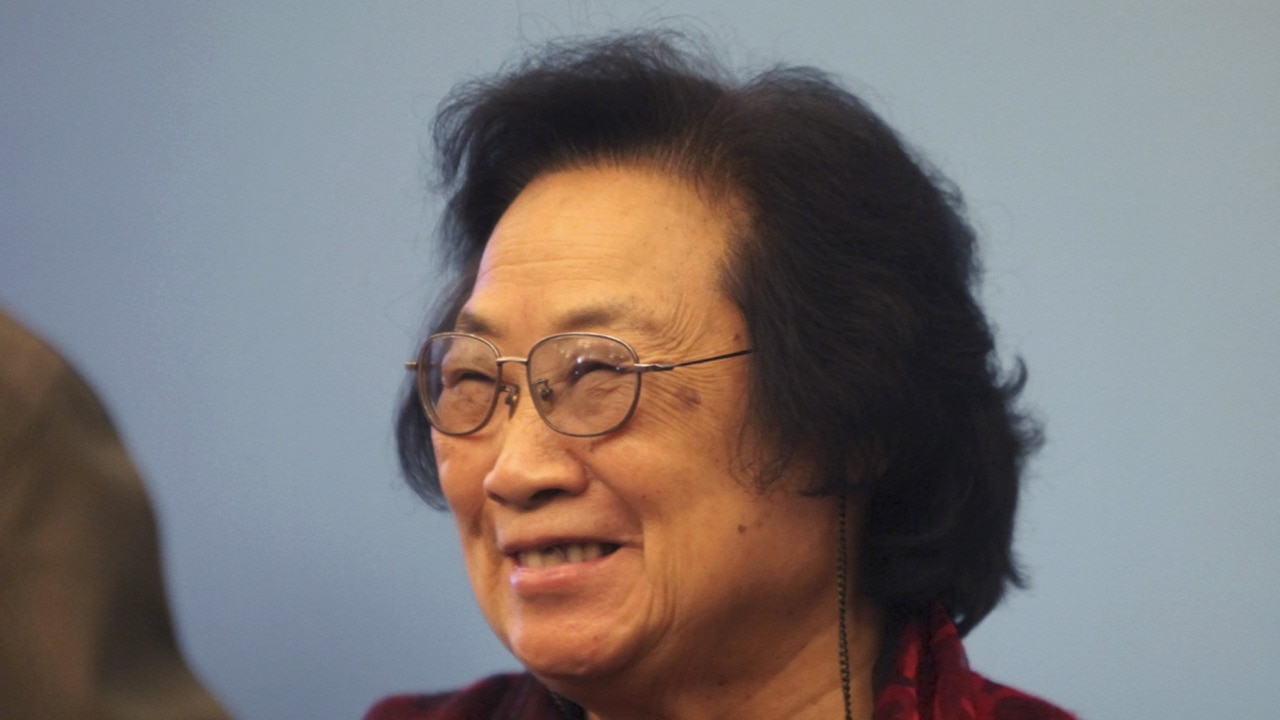
This year’s award for Physiology and Medicine is inspiring in more ways than one.
The Nobel Committee has chosen to honour a Chinese pharmacologist, Youyou Tu, who has discovered a remedy for the tropical scourge of malaria. There is a long history of research in this field. In the early 20th century, Ronald Ross discovered that malaria was caused by the anopheles mosquito and could be combated with quinine — its antidote. This did bring the fever that used to kill thousands, under control. But over the years, the malaria-triggering mosquitoes mutated and developed resistance to this antidote. In the 1970s, North Vietnam’s legendary Communist leader Ho Chi Minh requested then Chinese President and chairman of the Communist party, Mao Zedong, to encourage research in Chinese medicine to contain malaria.
Mao obliged by setting up a research programme. It was a consequence of this political decision that Youyou Tu could go on to discover Artemisinin, the herbal derivative for fighting malaria. Her discovery proved to be effective in a limited but significant way, by reducing the incidence of malaria by 20 per cent.
The award for physiology and medicine is significant because the research undertaken by these scholars even while not eradicating the tropical diseases, has offered tremendous insights into palliative treatments. The Nobel Prize in this field is in recognition of the tireless efforts of these scientists who have scored limited and commendable victories even though the disease itself has remained unassailable.
Youyou’s achievement is all the more impressive because of the stressful conditions under which she worked. Vietnam was in the midst of a war while the cultural revolution, catalysed by the ruling Communist party, was raging in China. Youyou did not have access to the relatively conducive academic atmosphere that prevailed in the affluent West and in Japan.
What is of particular significance is her working within the non-western tradition of Chinese medicine. It has indeed taken a long time for the Nobel Committee to recognise the existence of significant traditions of scientific research that are available outside of the modern Western tradition. The biochemist and historian of science, Joseph Needham first discovered in the 1950s these home-spun scientific traditions in China. But generally, the monopolistic and imperialist West has stubbornly refused to accept any other system other than its own. This cultural domination has gone hand-in-hand with the political and economic domination of Asia and Africa. By choosing Youyou for the Nobel, the scientific establishment in the West seems to have opened its doors just a little, to allow other traditions of knowledge entry into their sphere of awards and fame. This can also be interpreted to mean that it is China’s economic power that has forced the West to defer to what this ancient civilisation has to offer to the world. In the last quarter of century, historians of science in Europe and America have been prolific in their writings about the non-western knowledge traditions — part of which has been expropriated by the West without giving due acknowledgment to the original source. In the 1990s, Ramesh Vinayak Mashelkar, then director-general of the Council for Scientific and Industrial Research, had begun the project of creating the digital database for “indigenous knowledge”.
There is now need to apply the modern tools of research to the ancient systems of knowledge, to make them useful, and to revive diverse intellectual traditions of research. China has shown the way because its dependence on Western pharmacology remains limited. Managing to bring back the older systems back into use, it has even created new frontiers in the field of medicine. Youyou has shown that this can be done.
The author is consulting editor, dna